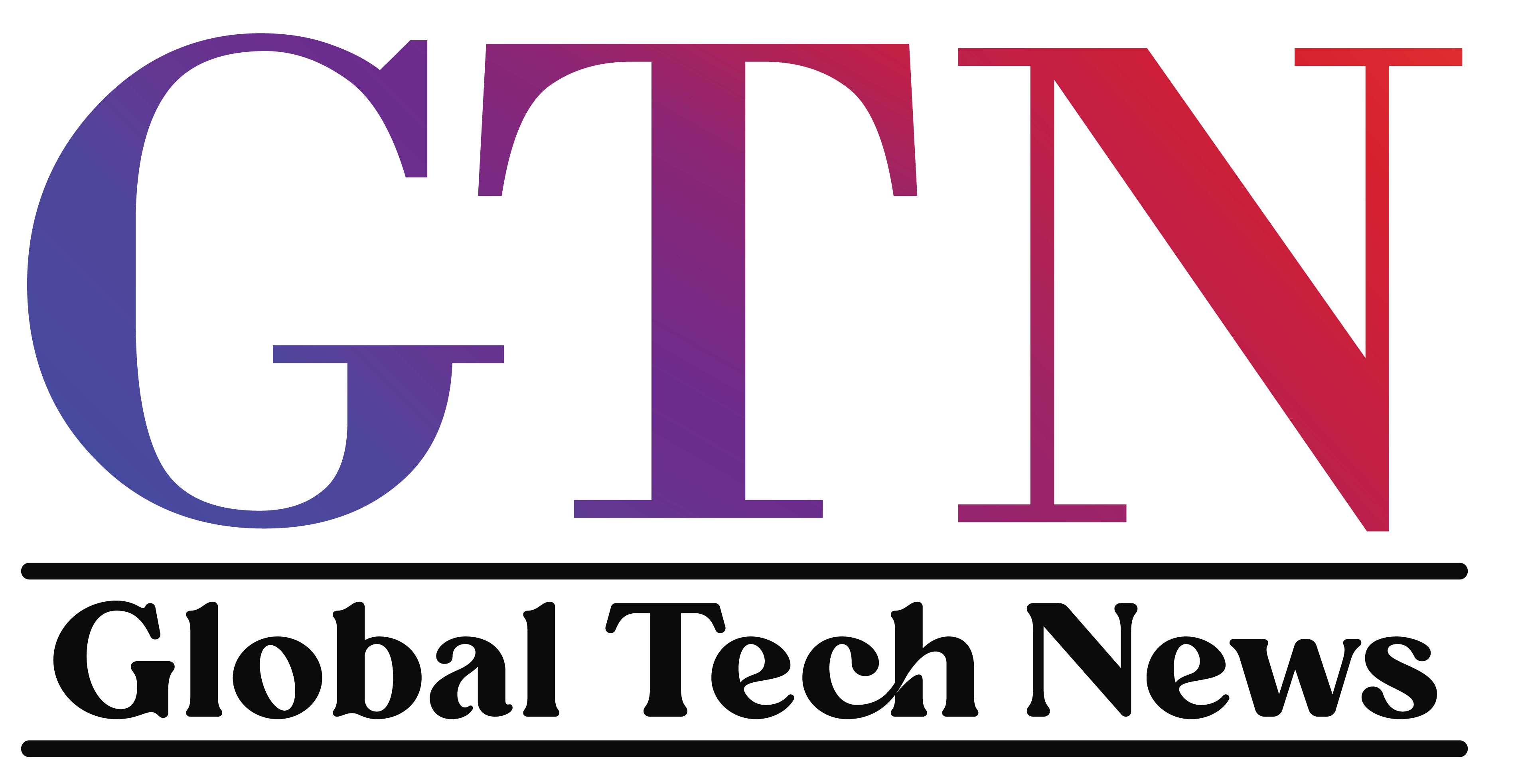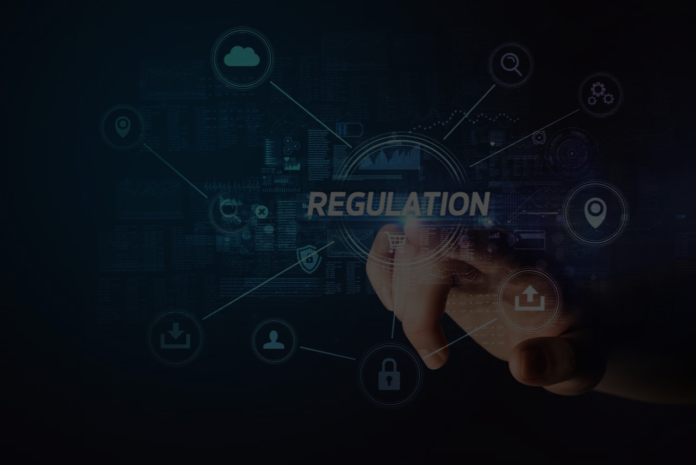The Indian government views AI as a “kinetic enabler,” and it wants to use it to improve governance.
There is nothing short of a civil war among researchers as a result of the intense debate in the AI community over the urgent need for AI regulation. The Indian administration has sparked controversy by going against the grain in such a sensitive environment. The Ministry of Electronics and IT (MeitY) stated in a written response to a question in the Lok Sabha that “the government is not considering bringing a law or regulating the growth of artificial intelligence in the country.”
Italy was the first Western nation to outlaw ChatGPT because of privacy concerns. In the meantime, this year sees the introduction of the eagerly awaited AI Act by the European Union (EU). The US government also published a draught version of an AI Bill of Rights.
Why won’t India regulate artificial intelligence?
The Indian government has adopted a proactive approach to technology, especially AI, with the goal of establishing India as a world leader in this area. The Indian government sees artificial intelligence as a “kinetic enabler” and wants to use technology to improve governance.
“The government is harnessing the potential of AI to provide personalised and interactive citizen-centric services through Digital Public Platforms,” MeitY wrote in the written answer. According to the administration, enforcing strict laws could impede innovation. For instance, many people believe that the EU’s draught of the AI Act is overly onerous. According to Robin Röhm, founder of Genie AI, it would “put a lot of unnecessary bureaucracy over companies that are innovating quickly.”
Europe will be the first region in the world to design legislation specifically for AI, as there are now no regulations on AI in place globally. Instead of rushing to control AI, India should wait and monitor the situation.
Not at all means there are no regulations.
Even while the Indian government has for the time being refused to regulate AI, this does not imply that there are not any checks and balances in existence. The MeitY did mention that a number of state and federal departments and agencies had started working to standardise ethical AI development.
The National Strategy for AI (NSAI), which was unveiled in June 2018, highlights the ethical concerns about AI that the government has also acknowledged. Additionally, the technology and its developers will be governed by current and prospective legislation.
No regulation at all does not imply this.
While the Indian government has temporarily rejected regulation of AI, this does not imply that there aren’t any checks and balances in place. The MeitY did mention that many ministries and agencies of the federal and state governments have started working to standardise ethical AI development.
The National Strategy for AI (NSAI), which was published in June 2018, acknowledges that the government has ethical concerns about AI. Furthermore, the technology will be governed by current and prospective regulations, as will those who developed it.





